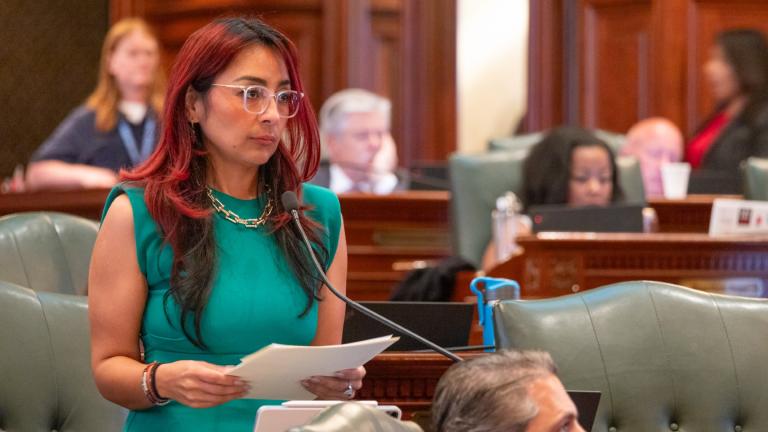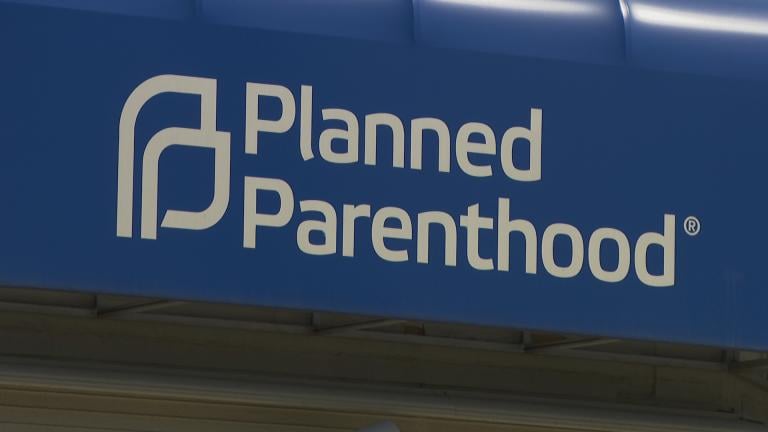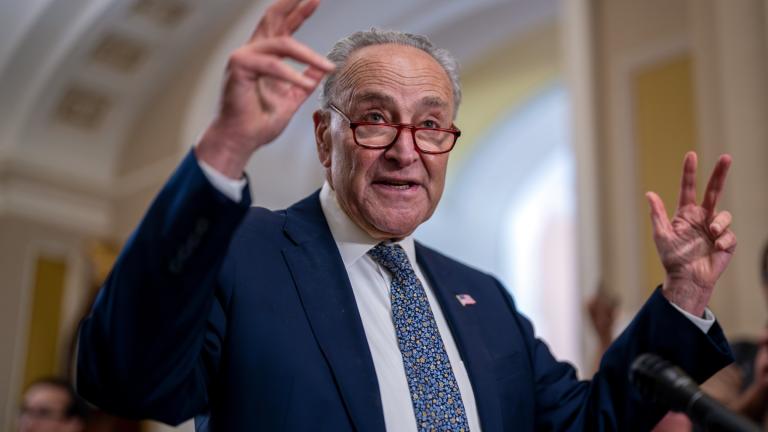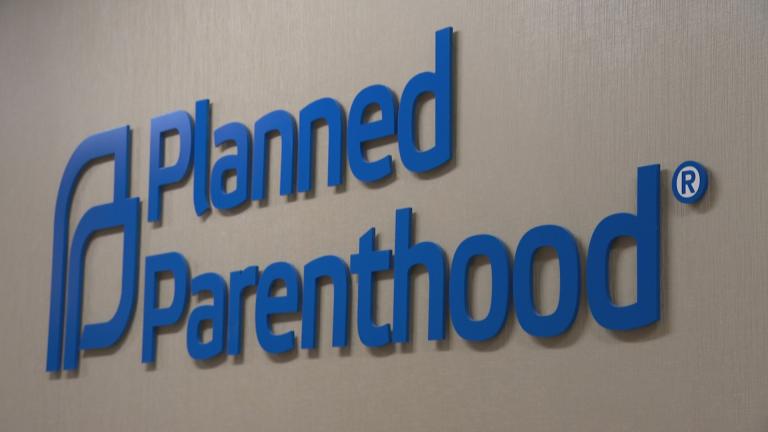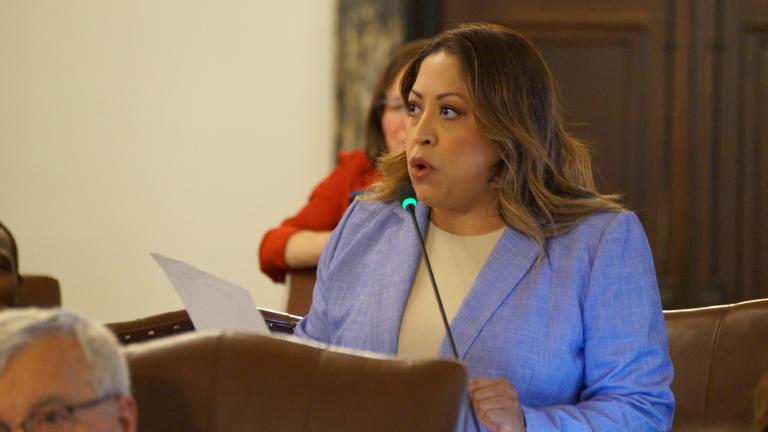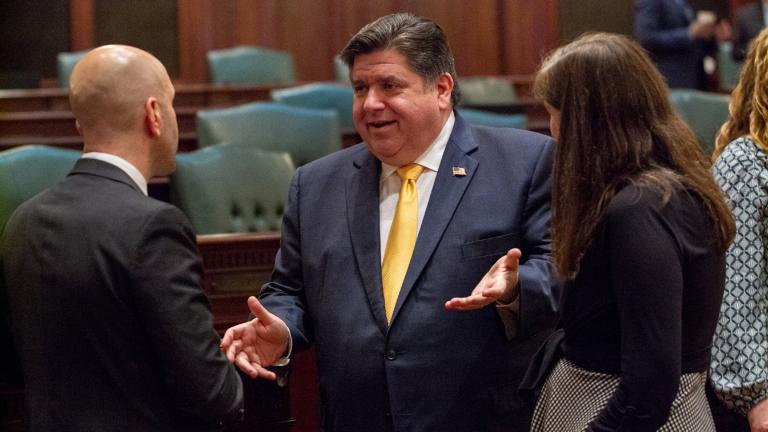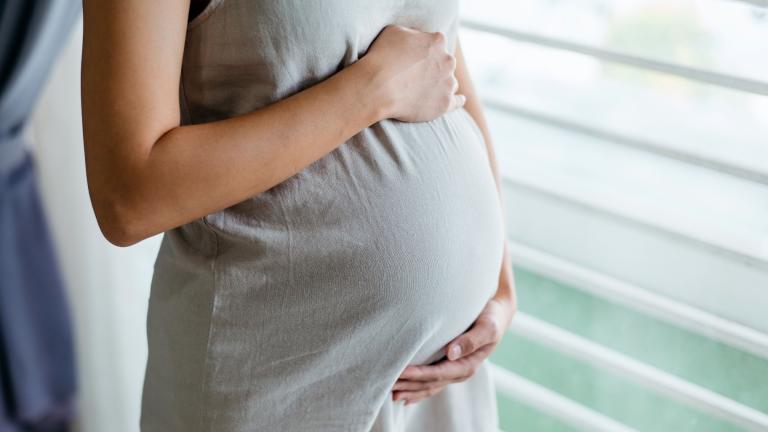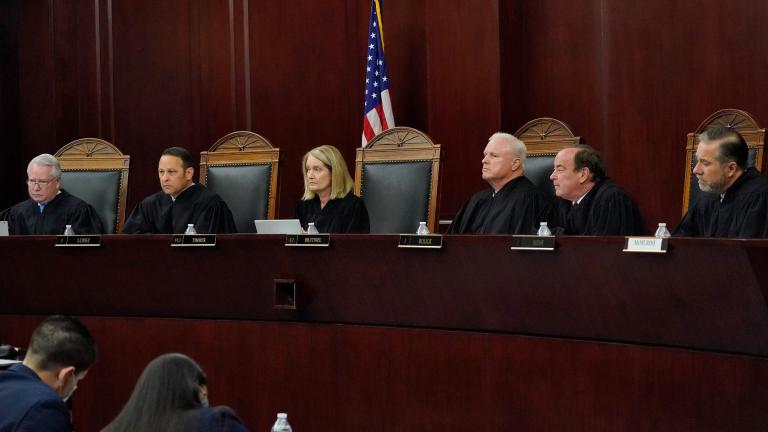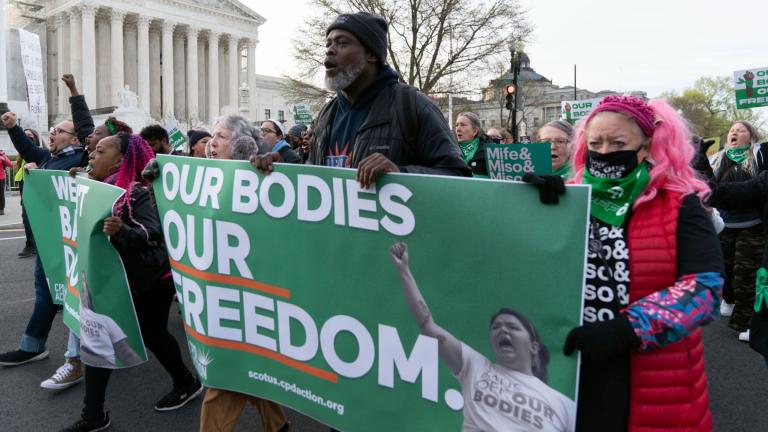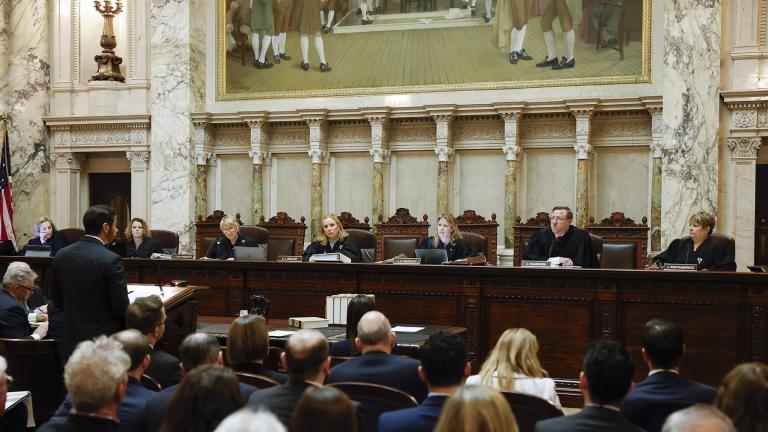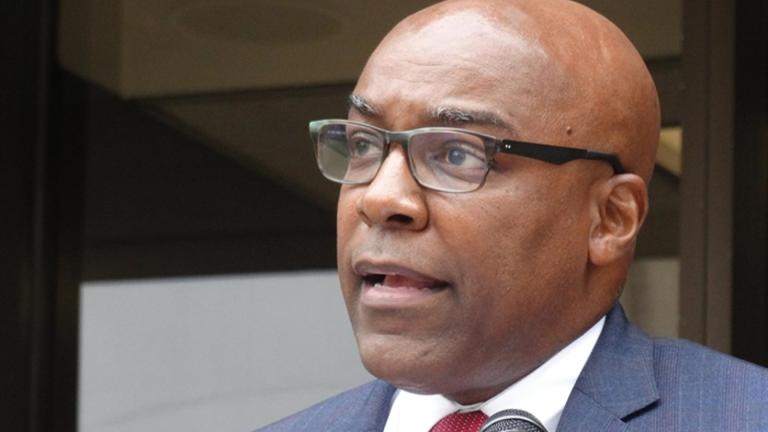Abortion remains legal as an emergency medical procedure in Idaho, for now, after a Thursday U.S. Supreme Court ruling, while a bill that would cement those protections in Illinois law awaits Gov. J.B. Pritzker’s signature.
Abortion
An increasing number of people are coming to Illinois in search of abortion care in the two years since the Supreme Court’s Dobbs decision overturned the Roe v. Wade ruling.
Sen. Tammy Duckworth, a military veteran who has used the fertility treatment to have her two children, has championed the bill, called the Right to IVF Act. The bill would have also expanded access through insurance as well as for military members and veterans.
The justices ruled that abortion opponents lacked the legal right to sue over the federal Food and Drug Administration’s approval of the medication, mifepristone, and the FDA's subsequent actions to ease access to it.
Three-quarters of the patients served by the Carbondale clinic have come from out of state, the organization said in numbers released Monday. Of those out of state patients, 88% reside in states where abortion access is restricted, including Tennessee, Kentucky, Indiana and Missouri.
The bill is one of several responses Illinois lawmakers have passed in the wake of the U.S. Supreme Court’s decision in 2022 that overturned Roe v. Wade. It came in response to legislative efforts in other states to ban or severely limit access to abortion services.
State legislators would need to vote by May 5 to place a question on the November ballot, and key players indicate there’s no effort to do so despite earlier talk at state government’s highest levels after Roe v. Wade was dismantled by the U.S. Supreme Court almost two years ago.
There were about 3.6 million babies born in 2023, or 54.4 live births for every 1,000 females ages 15 to 44, according to provisional data from the U.S. Centers for Disease Control and Prevention’s National Center for Health Statistics.
Under the decision, a long-dormant law that predates Arizona’s statehood would take effect. It provides no exceptions for rape or incest, but allows abortions if a mother’s life is in danger. Enforcement can take effect in 14 days.
In nearly 90 minutes of arguments, a consensus appeared to emerge that the abortion opponents who challenged the FDA’s approval of the medication, mifepristone, and subsequent actions to ease access to it, lack the legal right or standing to sue.
Supreme Court Again Confronts the Issue of Abortion, This Time Over Access to Widely Used Medication
Two years after the Supreme Court overturned Roe v. Wade, abortion opponents on Tuesday will ask the high court to ratify a ruling from a conservative federal appeals court that would limit access to the medication mifepristone.
Walgreens will begin dispensing the medication within a week at some locations in several states, including Illinois.
Crucial battles over abortion, gerrymandering, voting rights and other issues will take center stage in next year’s elections for state supreme court seats — 80 of them in 33 states.
“We looked at the map and we knew that it was the best possible town in southern Illinois to serve the whole southern Illinois community, and it also is a great location for the surrounding states — none of which have access to abortion,” said Planned Parenthood of Illinois CEO Jennifer Welch.
Illinois’ new law banning “deceptive” practices by anti-abortion ministries, passed in the wake of the U.S. Supreme Court overturning Roe v. Wade, is scrapped before ever materially taking effect.
The sponsor of a state law intended to stop “deceptive” practices by anti-abortion advocates and centers said she is in “shock and dismay” over a pending legal arrangement agreed to by Illinois Attorney General Kwame Raoul that will effectively nullify the law that he championed.

